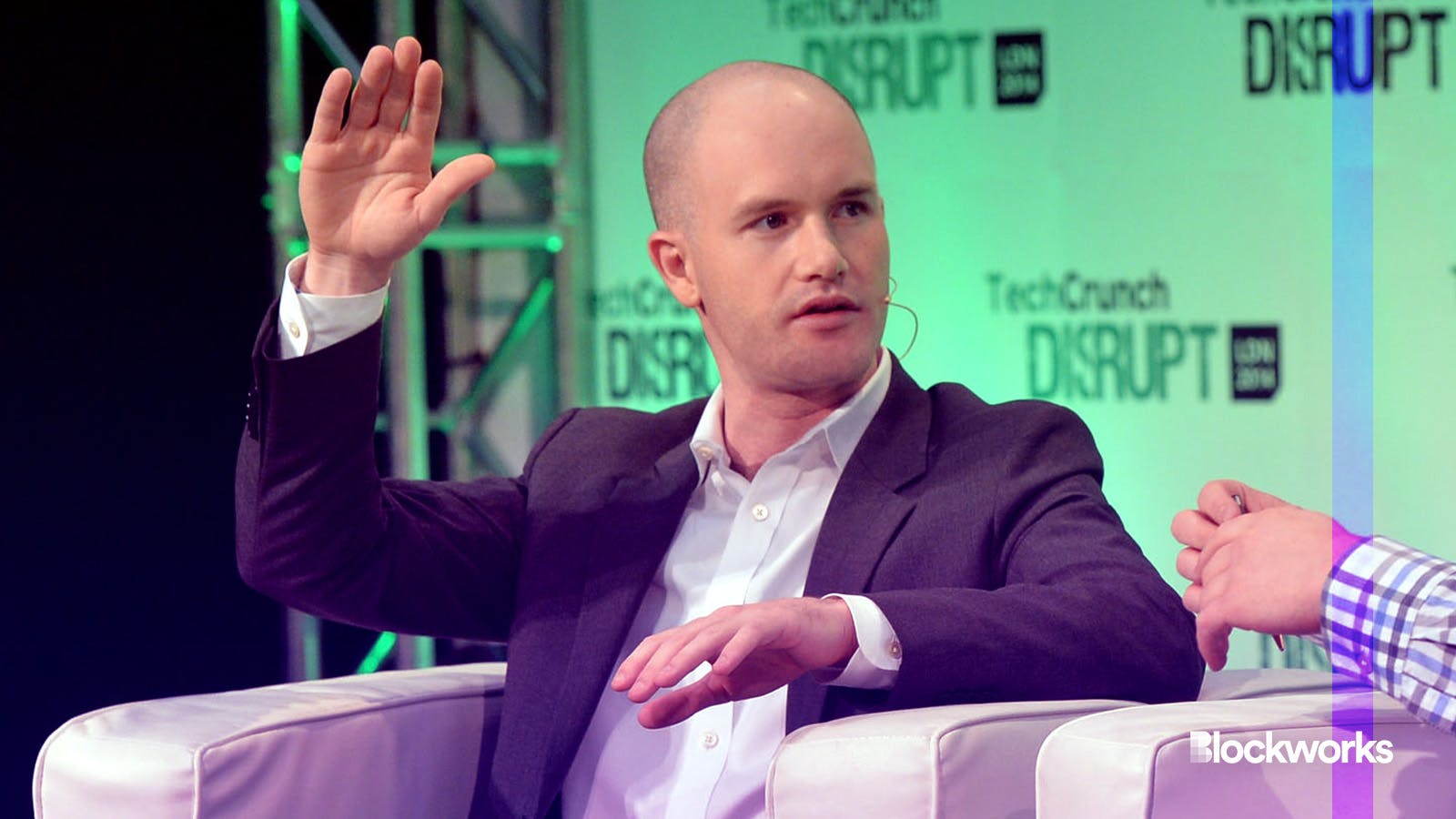Coinbase class action lawsuit gets partial revival
Coinbase in February 2023 won its motion to dismiss the proposed class action lawsuit

Coinbase CEO Brian Armstrong | Anthony Harvey/Getty Images for TechCrunch/"518392245AG025_TechCrunch_D" (CC license)
A US appeals court partially reversed a decision to toss a 2021 customer lawsuit against Coinbase for allegedly facilitating trading of unregistered securities.
Coinbase in February 2023 won its motion to dismiss the proposed class action lawsuit when US District Judge Paul Engelmayer ruled that because Coinbase never claimed to hold the titles to the 79 tokens in question, it was not the actual seller of the assets.
Even though customers alleged Coinbase “promoted” the tokens, Engelmayer said participating in marketing efforts are not enough to qualify the exchange as the seller.
Read more: Ava Labs counsel: You’re doing the Howey test wrong
The appeals court opted to uphold Engelmayer’s ruling that plaintiffs are not entitled to rescind transactions. The class of consumers did not have sufficient evidence that a contract existed that allowed for transactions to be canceled, the appellate court ruled.
“The district court correctly determined that the amended complaint failed to ‘identify any transaction-specific contract’ capable of rescission,” the panel of judges wrote in Friday’s ruling.
The question of whether or not physical contracts need to exist in order for an asset to be deemed a security has come up in several legal spats between crypto exchanges and the Securities and Exchange Commission in recent years.
Read more: What the Coinbase dismissal denial says about staking and securities
“We appreciate the Second Circuit confirming today what is clear under the federal securities law: there’s no private liability for the secondary trading of digital assets on exchanges like Coinbase. Why? Because contracts matter,” Coinbase Chief Legal Officer Paul Grewal said on X Friday in response to the Second Circuit’s decision.
In a separate civil suit between the SEC and Coinbase, securities regulators claimed Coinbase offered and sold an unregistered security via its staking program. This program allows investors to stake five different tokens, all of which the SEC says constitute investment contracts. Under the Howey test, investors have an expectation of profits, even without a formal contract, SEC attorneys said.
A federal judge last month dismissed the SEC’s charges against Coinbase with regards to its Wallet program, but the rest of the case will proceed.
In the class action lawsuit, the appeals panel has sent the case back to the district court, which must now rule on whether the used agreement, and which version, should be considered.
Get the news in your inbox. Explore Blockworks newsletters:
- The Breakdown: Decoding crypto and the markets. Daily.
- 0xResearch: Alpha in your inbox. Think like an analyst.






